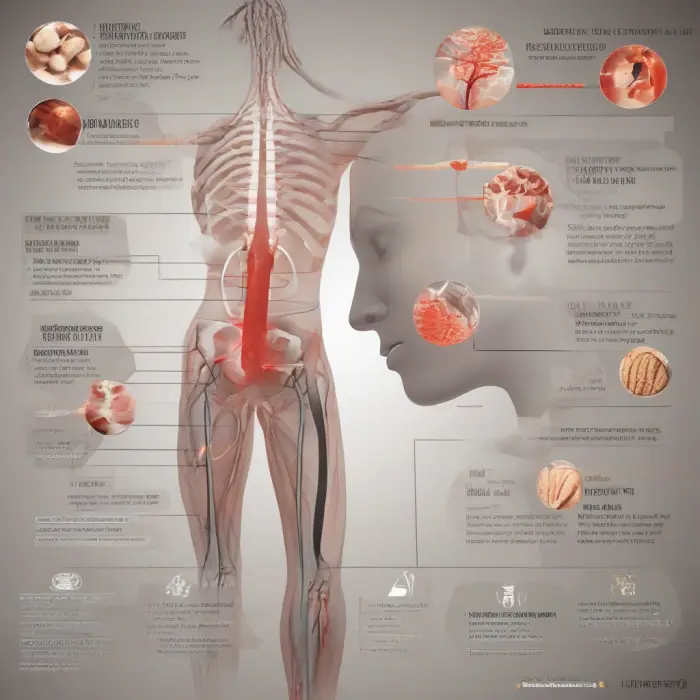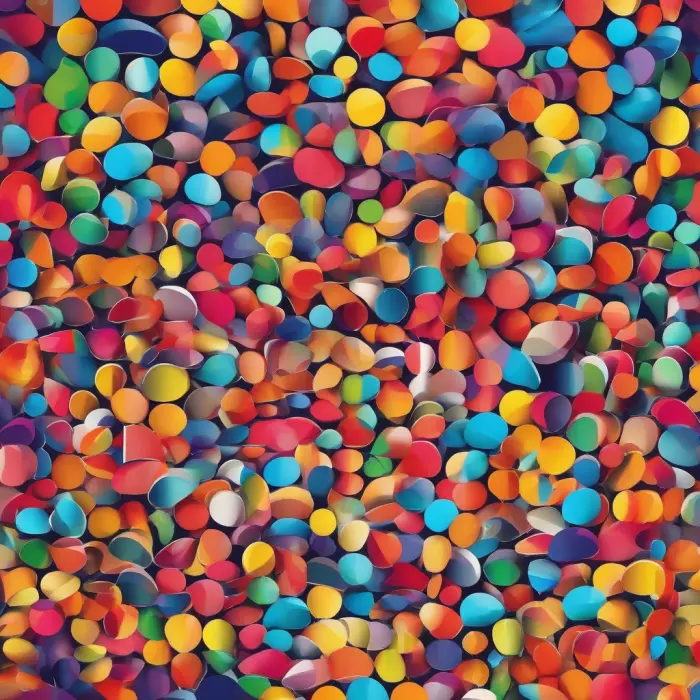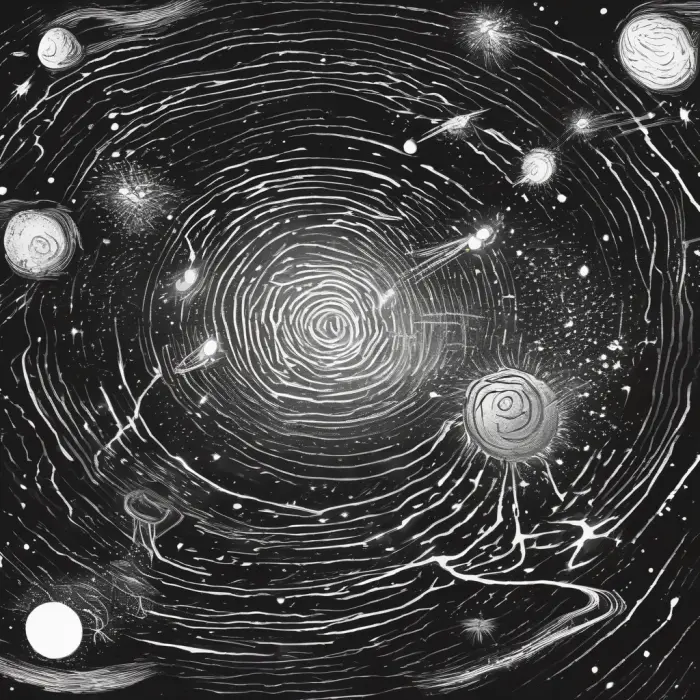Amazing Facts About the Microscopic World of Microbes
Microbes, or microscopic organisms, are an integral part of the natural world. The world of these tiny organisms is truly mind-boggling, filled with millions of diverse species playing various roles in the environment, in our bodies, and in many different industries. This article highlights a few amazing facts about microbes and their microscopic world.
Microbes are Everywhere
Microbes are incredibly versatile and resilient organisms and can be found virtually everywhere on Earth. They populate every nook and cranny of our planet, from the icy regions of Antarctica to the sweltering heat undersea volcanic vents. They inhabit the air, water, and soil, and even exist inside and on the bodies of animals and humans. Scientists estimate that there are nonillion (1 followed by 30 zeros) microbes on Earth.
Our bodies are crawling with microbes
It may surprise you to know that our bodies are teeming with an extensive population of microbes, mostly bacteria. In fact, the human body contains more microbial cells than human cells. This complex microbial ecosystem inside our bodies is typically known as the human microbiome. These microscopic critters play a crucial role in our health, aiding digestion, producing vitamins, and even shaping our immune system.
Microbes can shape the Earth
Not only are microbes critical for our health, but they also do a great deal to shape our world too. For instance, they were responsible for creating the earth’s oxygen-rich atmosphere through a process called oxygenic photosynthesis. Moreover, they play a vital role in the cycling of elements like carbon and nitrogen that are essential to life on Earth.
Microbes have various industrial uses
The versatility of microbes is not limited to the natural processes alone. Humans have harnessed their power for many different industrial uses. Microbes are used in the production of a wide range of products such as beer, bread, cheese, yoghurt, and distilled spirits. They are used in bioremediation processes to clean up oil spills and hazardous wastes. Some microbes are even used to produce biofuels.
There's still much to explore
Even though scientists have been studying the world of microbes for centuries, there's still so much more to learn. Advances in technology are providing researchers with the tools to explore the microbial world like never before. From exploring the varying microbes present in our gut to examining their role in climate change, the microscopic world of microbes continues to amaze and surprise us.
It is inarguable that despite their tiny size, microbes have a massive impact on the world. Understanding and utilising microbes can lead to major advancements in medicine, agriculture, and environmental science. Indeed, the miniature world of microbes could hold the answers to some of the biggest challenges we face today.










